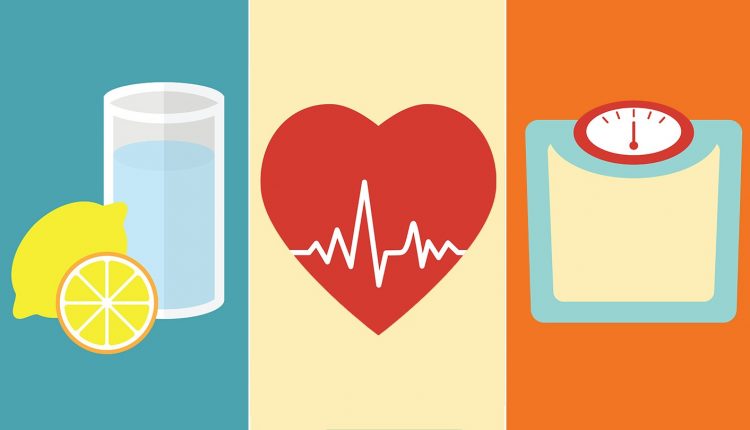
Diabetes – The Dos and Don’ts
Diabetes is categorized into two types, both having different causes, different treatments and different outcomes. Diabetes Type 1 is a severe condition, usually diagnosed in children and is treated with insulin only. On the other hand, the commonly encountered diabetes, diagnosed in adults, is medically called Type II Diabetes and may be managed with lifestyle changes and oral hypoglycemics before converting to insulin.
Getting diagnosed with Type II Diabetes can be quite overwhelming. The average person may go into a state of denial and refuse to change their lifestyle, leading to aggravation of the disease and worsening of the patient’s health.
Therefore, it is essential for a patient, who has been newly diagnosed with Type II Diabetes, to understand the basic concept of which factors affect blood sugar levels and how they can control these factors, and remain healthy.
Do check your blood sugar
Diabetics are advised to check their blood glucose levels at regular intervals. It is often a good idea to keep a journal with results, when you check your blood sugar with your home glucometer. This will help you remember your readings and identify any undesirable trends as early as possible. Keep your glucometer with you at all times, because blood sugar levels may rise or drop relatively quickly.
Do learn more about your condition
Read up about diabetes through books, magazines or websites. Know which food to eat and which to avoid. Know the signs and symptoms you may experience when your blood sugar is too high or too low. Know the warning signs which may predict worsening of diabetes. Implement what you learn and see how it affects your blood sugar levels, as not every patient’s body reacts the same way.
Do focus on healthy lifestyle changes
Diabetics should realize the importance of being healthy as a whole. It’s not just about blood glucose, but also about blood pressure and cholesterol. Have a balanced diet and refrain from bad habits like smoking or alcohol, because when combined all these factors can wreak havoc and cause life-threatening conditions such as a heart attack or stroke.
Don’t cheat on your diet
Depending on your clinical condition, it is possible to have small portions of carbohydrates or fats. Starving oneself often leads to binge eating and so physicians usually advise reducing portion size but not completely eliminating any food group from the diet. Plan out a diet which is feasible for you and stick to it. Most of all, remember to stay hydrated as water is calorie-free.
Don’t miss your doctor appointments
Be honest with your doctor. Discuss the challenges you face when following a diabetic diet and share any new symptom or sign, especially anything related to the feet.
Be regular with the periodic blood tests which screen for diabetic complications and ask for advice if you are experiencing any side effects from the medicines prescribed. Don’t adjust your medication dosages without your doctor’s approval.
Don’t let the condition control you
Most importantly, don’t stress out over diabetes. Patients who follow doctor’s orders and take care of themselves lead perfectly healthy lives for years after the initial diagnosis of Type II Diabetes. There are many options for diabetic patients, from sugar-free sweets to special footwear and so patients can continue with their daily activities, as they used to before the diagnosis.
Diabetes is one of the most common diseases worldwide and the incidence of new cases is growing every day. Support groups for diabetics are becoming popular as diabetics benefit from sitting together and sharing the physical, social, financial and emotional burden of this condition. With the group, you will realize that you are not alone and feel stronger to control the disease and prevent it from worsening.

